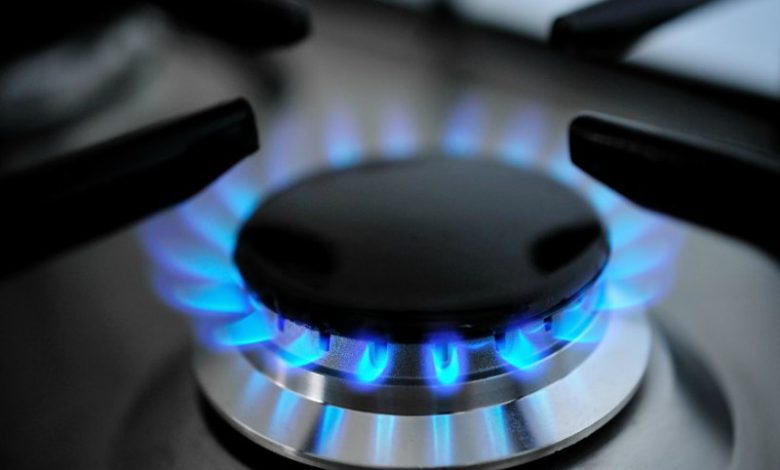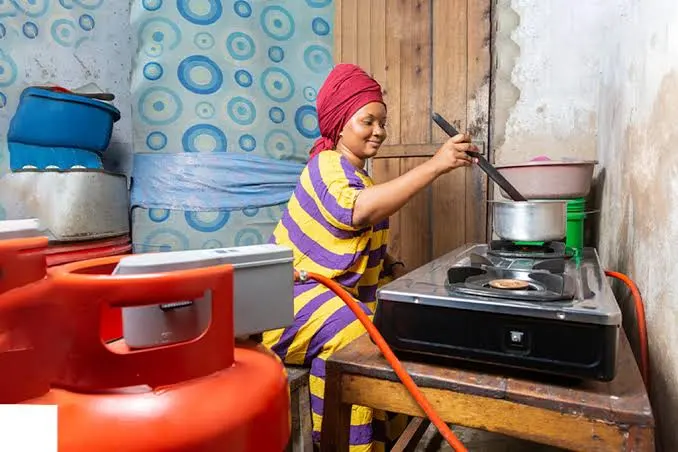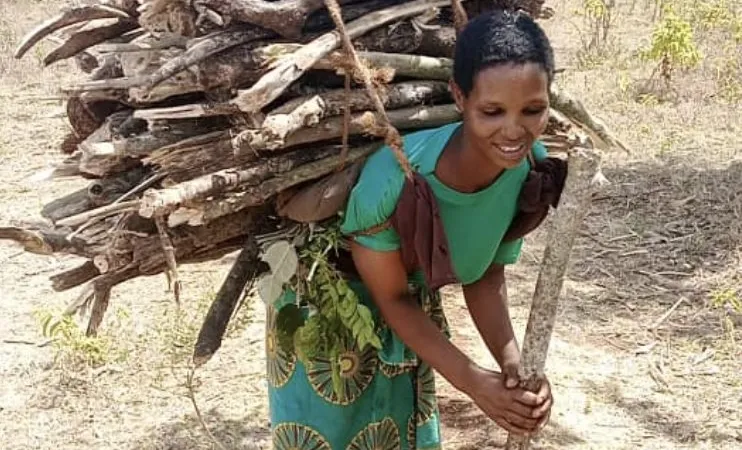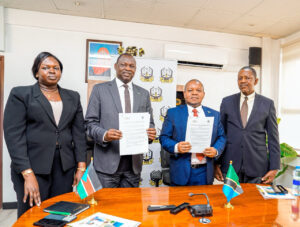By Peter Nyanje

In a bold step to overhaul its domestic energy use and spark a new wave of investment in the clean energy sector, Tanzania has launched a TSh130 billion National Clean Cooking Communication Strategy.
The ten-year plan aims not only to change how Tanzanians cook – but also to unlock significant commercial opportunities in clean energy manufacturing, distribution, and financing.
Announced in Dodoma on June 2, 2025, by Deputy Prime Minister and Minister of Energy Dr. Doto Biteko, the strategy is part of the larger National Clean Cooking Energy Strategy (2024–2034).
Its headline goal is ambitious: ensure that 80% of Tanzanian households, institutions, and businesses adopt clean cooking energy solutions by 2034.
But underneath that target lies a deeper, business-relevant ambition – to catalyse the growth of a domestic clean energy market that can scale, innovate and deliver value.
“This is not just a government agenda – it is a market transformation initiative,” said Dr. Biteko during the official launch. “We are sending a signal to entrepreneurs, manufacturers, financiers, and service providers: the future of cooking in Tanzania is clean, and the time to invest is now.”

Market awaits
Currently, over 80% of Tanzanian households rely on biomass – primarily firewood and charcoal – for cooking. This dependence has created a multibillion-shilling informal market, but one with devastating consequences: deforestation, household air pollution, health risks for women and children, and long-term economic inefficiency.
The government’s communication strategy seeks to reorient both consumer behavior and investor interest.
Through coordinated campaigns, targeted education and data-driven outreach, it aims to make clean cooking not only a public health issue – but also a viable commercial frontier.
Since the launch of the broader energy strategy in May 2024, clean cooking adoption has increased from 6% to 16%, primarily driven by early adopters and government-led procurement.
The next wave of growth, officials say, will depend heavily on business participation.
“We are laying the groundwork for an entirely new energy ecosystem – one that is affordable, scalable, and profitable,” said Eng. Felchesmi Mramba, Permanent Secretary of the Ministry of Energy.
He added: “The communication strategy helps us align the supply side with growing demand and create an enabling environment for private-sector innovation.”
What the strategy intends to do
Under the theme “Clean Cooking Energy: Save Lives and the Environment,” the strategy was developed in collaboration with the United Nations Capital Development Fund (UNCDF), with funding support from the European Union (EU). It includes provisions for:
- Nationwide awareness campaigns to promote the health, economic, and environmental benefits of clean cooking energy;
- Behavior change communication to shift public attitudes and reduce resistance to new technologies;
- Targeted messaging to key market segments, including urban households, rural institutions, women-led enterprises, and informal vendors;
- Integration with financial services to promote access to consumer credit, micro-leasing, and pay-as-you-go (PAYGO) financing models;
- Monitoring and evaluation systems to track uptake and market performance.
According to the Ministry of Energy, the strategy will be implemented with quarterly reviews and strict accountability protocols to ensure that communication efforts are not just widespread – but also impactful.
For business leaders and investors, this level of structure offers a rare opportunity: a government-backed roadmap into a new sector with national importance and growing consumer interest.

Clean cooking as an investment frontier
For years, the clean cooking energy market in Tanzania has suffered from fragmented demand, low consumer awareness, and limited access to financing.
The new strategy is designed to eliminate these barriers, creating conditions for scale.
“The challenge was never that people didn’t want clean cooking – it’s that they didn’t understand it, couldn’t afford it, or didn’t trust it,” said Judith Kapinga, Deputy Minister of Energy.
She pointed out that with the strategy, the government was unlocking all three constraints.
From an investment perspective, the potential is significant. According to UNCDF estimates, the clean cooking sector in Tanzania could support thousands of SMEs in manufacturing, distribution and after-sales service, particularly for technologies such as:
- Liquefied Petroleum Gas (LPG)
- Ethanol and biofuel stoves
- Electric induction cookers
- Biomass pellets and improved cookstoves
- PAYGO and digitally monitored fuel solutions
Moreover, the growing political backing – from President Samia Suluhu Hassan’s establishment of a Clean Cooking Energy Unit to regional programs in Dodoma – is giving entrepreneurs the confidence to enter the market.
Financing the shift
Financing remains a major hurdle, especially for low-income households and rural communities.
Recognising this, the communication strategy emphasises the promotion of affordable financing options, including microloans, mobile money solutions, and subsidy programs.
“This is a huge opportunity for banks, SACCOs and FinTechs to design energy-specific financial products,” said Lamine Diallo, Head of Resources at the European Union delegation in Tanzania.
The EU and UNCDF are already supporting pilot projects that combine clean energy distribution with digital finance, including last-mile delivery via mobile agents and gender-inclusive marketing strategies.

Local action, national impact
Dodoma Region is already emerging as a model for implementation.
Its Regional Commissioner, Rosemary Senyamule, reported that nine prisons, three VETA colleges and nine boarding schools have transitioned to clean cooking energy, providing replicable models for institutional adoption.
The government’s next steps will include extending communications to district and ward levels, translating content into local languages, and engaging religious, youth, and women’s groups.
“With coordinated effort, we can build both demand and supply. And where there is sustained demand, the market will follow,” said Mramba.
A billion-dollar market
Tanzania’s clean cooking communication strategy is more than just a public awareness campaign – it’s a business strategy.
By aligning national policy with grassroots education and market incentives, the government is positioning the sector as one of the next big frontiers for investment, innovation and inclusive growth.
If successful, the strategy will not only improve lives and protect the environment – it will open the door to a billion-shilling clean energy economy built on local entrepreneurship, smart finance, and long-term consumer trust.
For businesses and investors watching the energy transition unfold in East Africa, the message is clear: Clean cooking in Tanzania is no longer a niche – it’s the next big opportunity.








